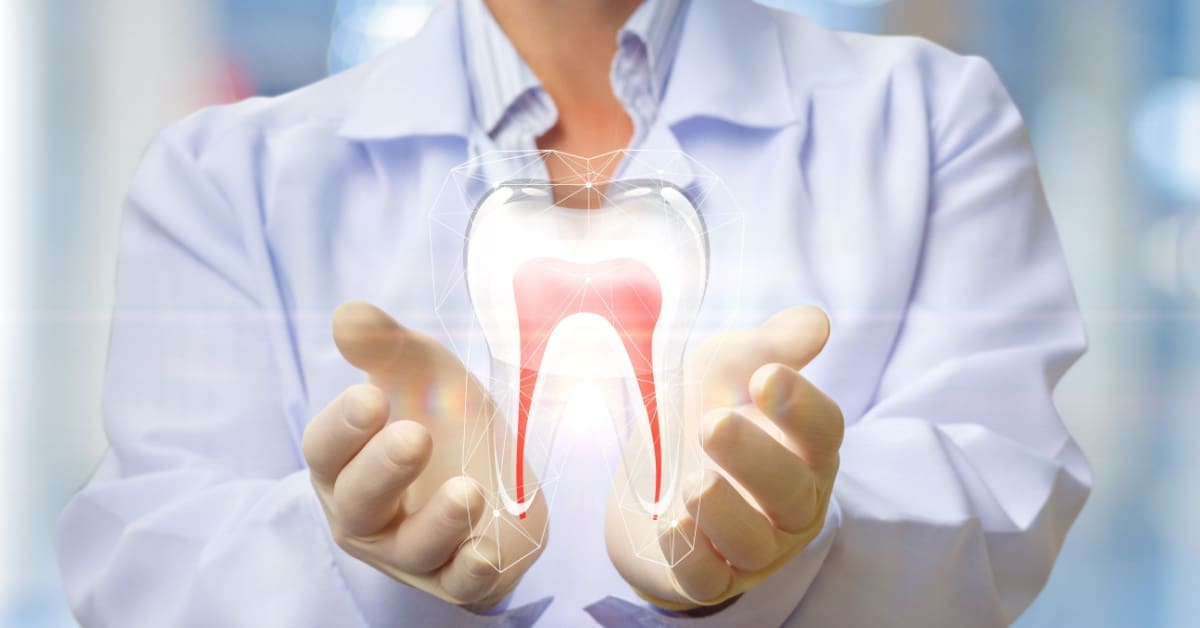Post-Operative Care
Post-operative care following dental surgeries is crucial for ensuring optimal healing, reducing the risk of complications, and promoting overall oral health. Whether a patient undergoes a routine tooth extraction, dental implant placement, wisdom teeth removal, or more complex oral surgery procedures, proper post-operative care plays a significant role in their recovery.
This guide provides the essential aspects of post-operative care after dental surgeries, covering key considerations, standard procedures, and practical tips for patients.
Importance of Post-Operative Care
Post-operative care begins immediately after the completion of the dental surgery and continues throughout the recovery period, which can vary depending on the nature and complexity of the procedure. The primary goals of post-operative care include.
Promoting Healing
Proper care accelerates the healing process, reduces the risk of infection, and minimizes discomfort.
Preventing Complications
Effective post-operative care can help prevent complications such as dry sockets, infection, excessive bleeding, and delayed healing.
Managing Discomfort
Patients may experience varying degrees of discomfort or pain following dental surgery. Post-operative care strategies aim to alleviate pain and discomfort to enhance the patient’s comfort level.
Maintaining Oral Health
Good post-operative care practices contribute to maintaining oral hygiene and preventing further dental problems during recovery.
Standard Post-Operative Care Practices

Pain Management
Patients may experience mild to moderate pain and discomfort after dental surgery. Dentists often prescribe pain medications or recommend over-the-counter pain relievers to manage post-operative pain. Patients need to follow their dentist’s instructions regarding medication dosage and frequency.
Oral Hygiene
Maintaining good oral hygiene is vital for preventing infections and promoting healing. Patients should follow their dentist’s instructions regarding brushing, flossing, and rinsing to keep the surgical site clean. However, they should avoid vigorous brushing around the surgical area to prevent irritation.
Managing Swelling
Swelling is a common post-operative symptom, especially after procedures like tooth extractions or implant placement. Applying ice packs to the affected area for the first twenty-four hours can help reduce swelling and discomfort. Patients should also avoid hot foods and drinks during this period.
Diet and Nutrition
Patients may need to modify their diet temporarily after dental surgery to facilitate healing and prevent complications. Dentists typically recommend consuming soft or liquid foods that are easy to chew and swallow. Patients should avoid hard, crunchy, or spicy foods that could irritate the surgical site.
Rest and Recovery
Rest is essential for the body to heal effectively after dental surgery. Patients should avoid strenuous activities and exercise, heavy lifting, and excessive physical exertion during the initial recovery period. Adequate rest helps minimize swelling, discomfort, and the risk of complications.
Follow-up Appointments
Patients should adhere to scheduled follow-up appointments with their dentist or oral surgeon. Appointments allow the dentist to monitor the progression of healing, remove sutures if necessary, and address any concerns or complications that may arise.
Tips for Successful Post-Operative Care
Follow Dentist’s Instructions
Patients should carefully follow their dentist’s post-operative instructions regarding medication, oral hygiene, diet, and activity restrictions. Clear communication with the dentist can help ensure a smooth recovery process.
Stay Hydrated
Maintaining adequate hydration is essential for promoting healing and preventing complications. Patients must drink plenty of water and avoid alcohol and caffeinated beverages, which can interfere with the healing process.
Avoid Smoking
Smoking can delay healing, increase the risk of infection, and compromise the success of dental surgeries. Patients who smoke should refrain from smoking during the post-operative period to optimize their recovery.
Monitor for Signs of Complications
Patients should be vigilant and monitor the surgical site for signs of infection, excessive bleeding, or other complications. Symptoms like severe pain, swelling, fever, or foul odor should be promptly reported to the dentist.
Be Patient
Recovery from dental surgery takes time, and patience is essential. Patients should allow their bodies sufficient time to heal and avoid rushing the process, as doing so could compromise the outcome of the surgery.
Ensure a Healthy Recovery Following Dental Surgery
Post-operative care plays a critical role in the success of dental surgeries. Patients can promote healing and minimize discomfort by following appropriate post-operative care practices and adhering to their dentist’s instructions. In addition, it reduces the risk of complications, ultimately achieving optimal oral health outcomes.
To schedule a dental appointment with a Top-Rated dentist in West Orange, New Jersey, click here.







